This essay takes up threads from the past in order to weave them together in the present. The story begins with silkworms in a Leipzig allotment association. The worms were bred for the Nazi arms industry, and silk was extracted from them as material for parachutes. In May 1941, thousands of German paratroopers landed on Crete in the largest airborne invasion in military history. The Germans occupied the island from 1941 to 1944, carrying out mass executions and burning villages to the ground. The Cretan women, who bred silkworms themselves, later worked the German parachutes into handkerchiefs. Women who witnessed events at the time recount the crimes of the Wehrmacht and recall the spinning, weaving, and sewing of silk thread—female techniques of memorization in which program and pattern merge. They constitute a counter-narrative to the one-sided historical account that often focuses only on the heroes.
Deborah Jeromin is a visual artist. Since 2014, she has been working on Nazi silkworm breeding as an aspect of the arms industry and on the aftermath of the 1941 airborne invasion of Crete.
←
Fallschirmseide

Leipzig February, 2021
ISBN: 9783959053952
Edition Number: 1
Width: 13.5 cm
Length: 18 cm
Language(s): Greek, German
Author
Deborah Jeromin
Designer
Kathrin Erthel
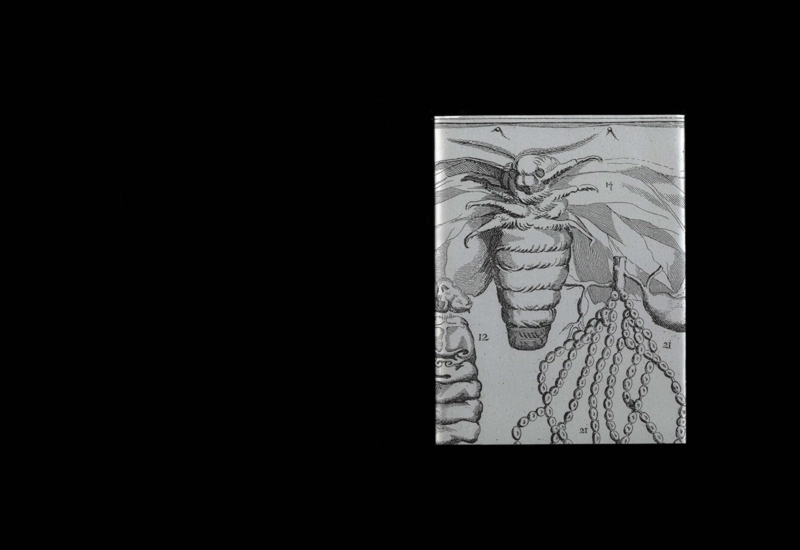


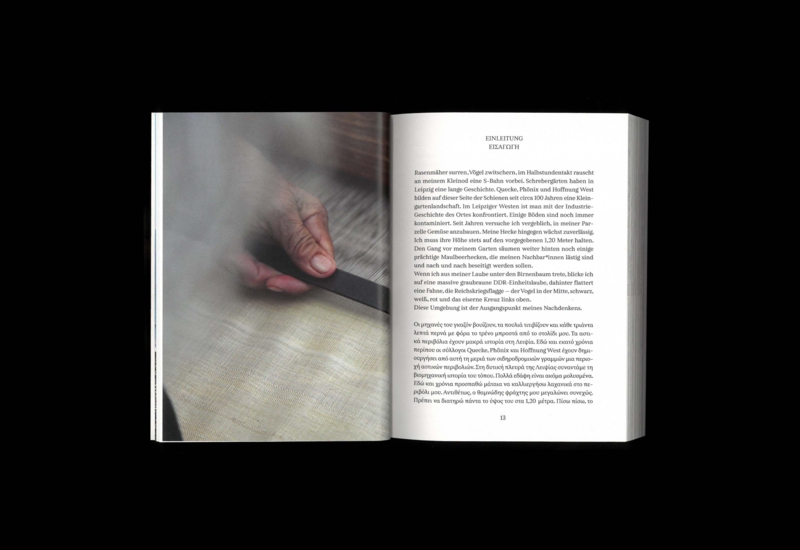
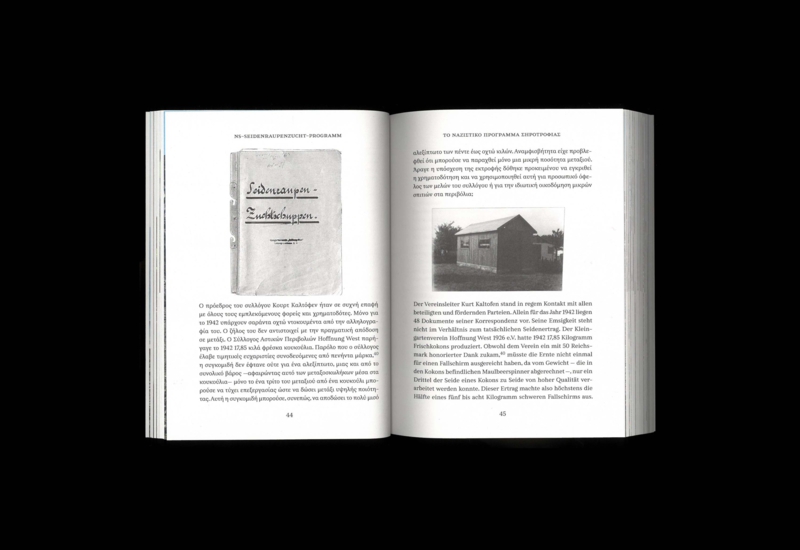
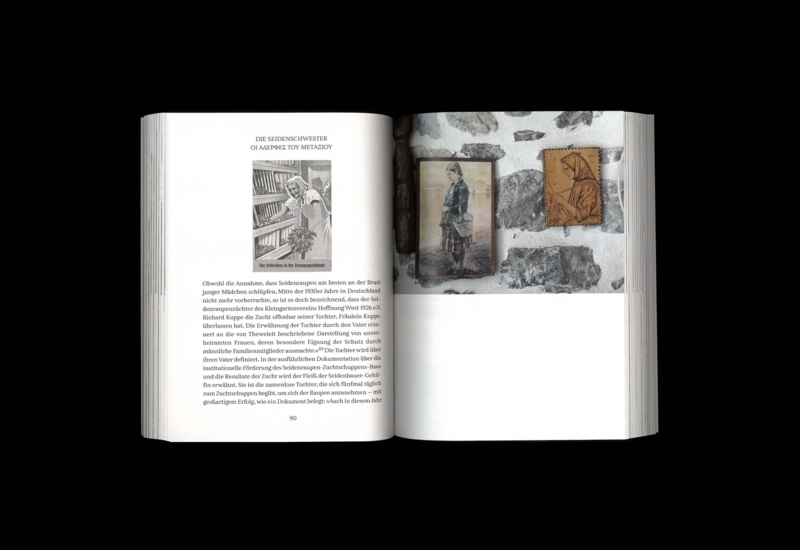
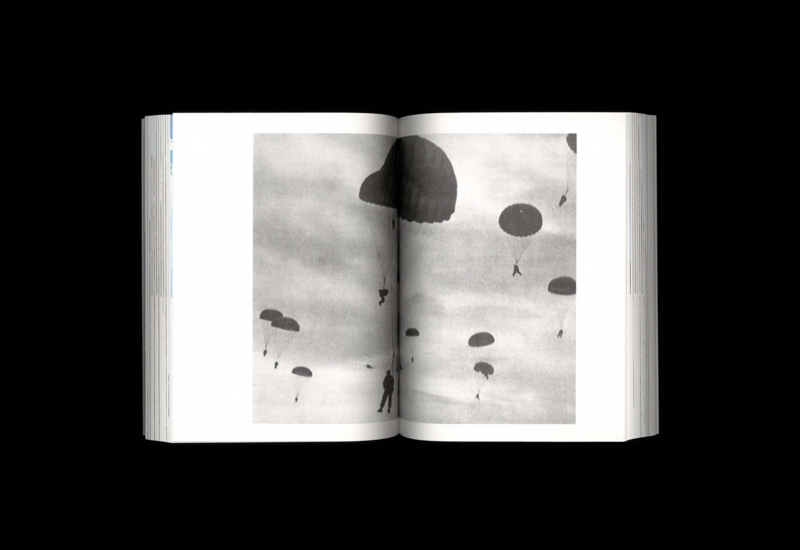

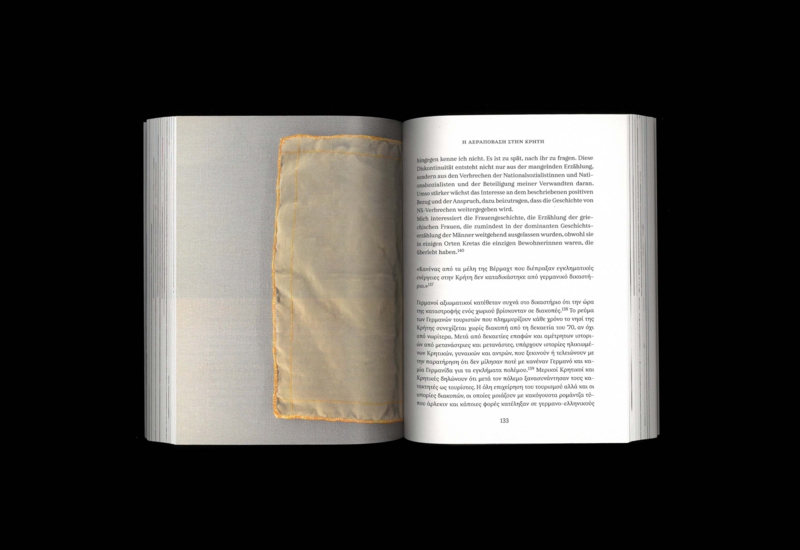

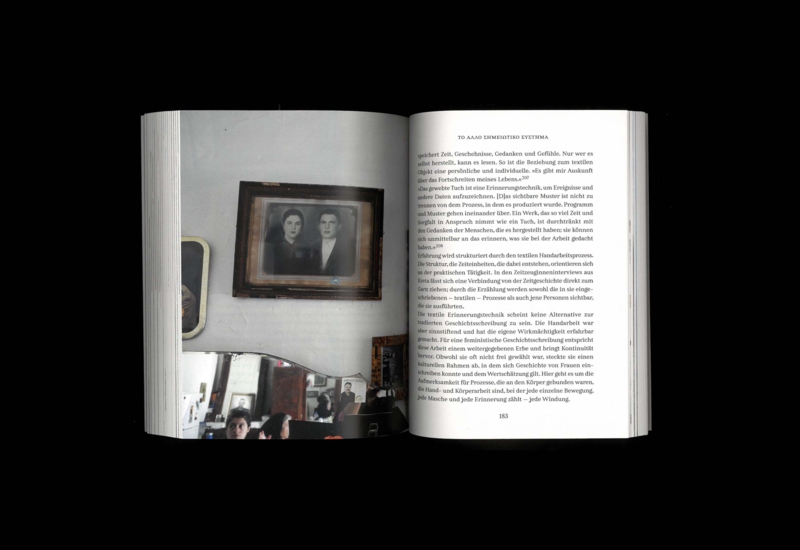
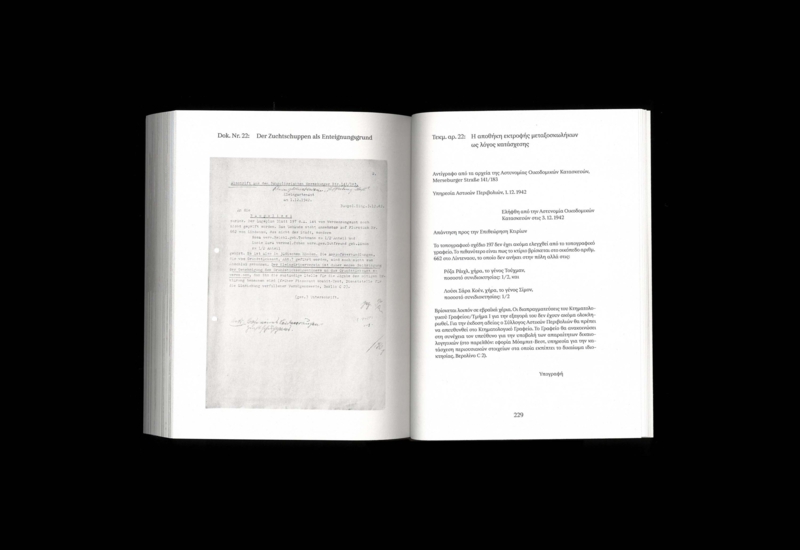

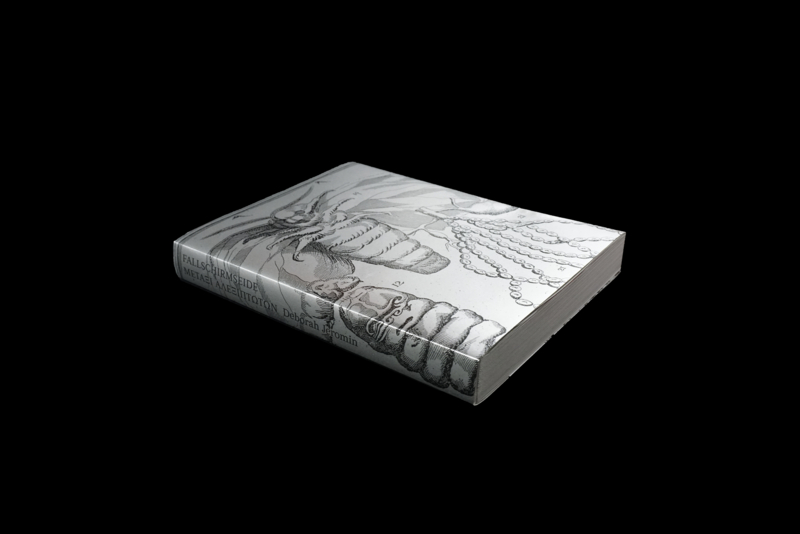
Fallschirmseide
μετάξυ αλεξιπτώτων
Deborah Jeromin

244 pp.
with 50 black-white and 85 colour illustrations
thread-sewn softcover
Leipzig February, 2021
ISBN: 9783959053952
Edition Number: 1
Width: 13.5 cm
Length: 18 cm
Language(s): Greek, German
Author
Deborah Jeromin
Designer
Kathrin Erthel













